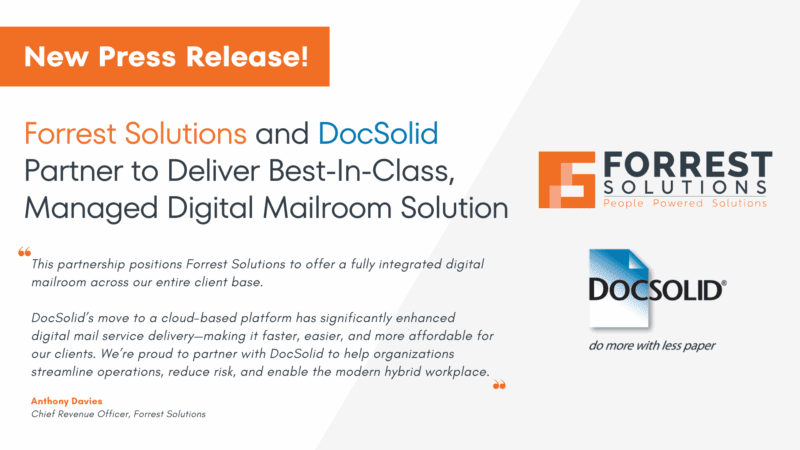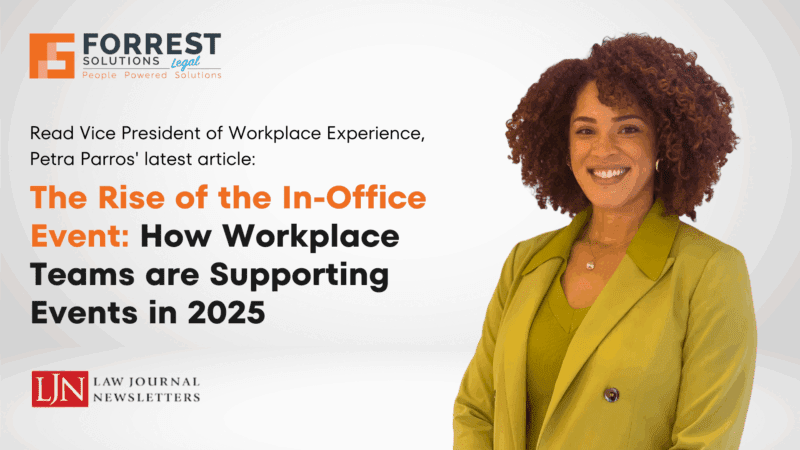
The Rise and Fall of the Single (Outsourcing) Provider: Hello, Flexible Sourcing
By Anthony Davies
This article originally appeared in Legal Business World Here: here
The pandemic has permanently changed how organizations outsource. Competition for talent and the great resignation reached unprecedented intensity during and following COVID while at the same time supply chain disruptions forced new ways to source services regionally and locally. The typical cost reduction drivers that are the bedrock of outsourcing became overshadowed by the ability to deliver the right skillset at the right time in the right market.
Historically, outsourcing providers for law firms have grown their relationships by constantly adding new services to their core contracts and bundling them together as one package deal. Providers take these bundled services, then figure out the best delivery models–onsite, near-shore, or off-shore.
Service ‘bundling’ had the benefit of providing economies of scale, lower overheads, a single point of contact and a single invoice at the end of each month. However, the bundling of services also created a single multi-service provider that may now be hurting firms as they transform operations post-pandemic and require specialized offerings that did not exist prior to the pandemic.
In fact, flexible sourcing models, with interchangeable or multiple service providers, is now becoming the mainstay for most client sourcing strategies. This outsourcing trend has been consistent over the past two years, with clients describing their strategies as “multi-vendor” and “multi-sourced.”[1]
How does this look in a law firm?
In the beginning (30+ years ago), outsourcing at law firms started with low value non-core services such as facilities, security, and switchboard. Quickly, other onsite services such as the reception, mailroom, print and copy center, records management, and administrative support services also were outsourced. Today, Litigation Support, IT, Finance, Marketing, and HR all have access to mature outsourcing offerings. In fact, the market estimate for global legal process outsourcing is estimated to rise by over 30% per year from now until 2027.[2]
Over time, outsourcing providers have added on-shore and off-shore Business Processing Outsourcing (BPO) centers to leverage global wage arbitrage and specialist skills. They have developed technology to assist with information and document workflow, launched alternative legal service offerings, and continue to work their way into increasingly complex areas of the law firm operations.
During the pandemic, these off site BPO centers grew exponentially as law firms grasped the opportunity to leverage the ‘remote work era’, and shift more administrative tasks to low cost, high quality off-site service centers. At the same time, the core onsite services were paired back as there was a reduced need for onsite support when everybody was working from home.
However, now in the return-to-office (RTO) phase, many firms are seeking more sophisticated on-site services and amenities that did not exist prior to 2020, and in fact, are looking for a competitive advantage in the ongoing talent war. These niche services are often highly specialized offerings.
Not only are specialized onsite services taking center stage as firms attract talent, but they are also a means to increase attorney time in the office[3]. Traditional outsourcing providers servicing the largest law firms have moved so far up the value chain, however, it is difficult to see them reinvesting and reinvigorating their low margin, lower value onsite offerings.
Outsourcing and Niche Offerings Like Workplace Experience
Finding and keeping the right talent with the right skills at the right price is more elusive than ever.
Executives reported talent acquisition as the top internal challenge for their organizations. 62% of executives say they are ill-prepared to address the causes and impacts of poor employee retention and 71% of CEOs expect the global talent shortage to continue.[4]
This revolving door effect, coupled with new remote working options, creates an opportunity for service providers to deliver solutions for outstanding talent problems.
With law firms moving dangerously close to losing a quarter of their attorneys, it is clear that there is a dramatic divide between what attorneys and staff want from their law firm versus what they are actually receiving.
Many firms understand the significant toll that the pandemic has placed on attorneys and staff which is why, as partners are creating return-to-office plans, many have tried to reimagine the office with social and recreational activities—and a percentage of leader firms have taken this to the next level by creating and implementing workplace experience.
Workplace experience is a hospitality-based, high engagement, white glove service that transforms your office into an experience that is better than home. It is like the Ritz Carlton has come to transform the law firm office into a delightful experience—a very particular workplace experience, that is, that is a highly specialized outsourced service unlikely to be offered by a traditional global outsourcing provider..
The Multi-Sourced Approach
Service models are always evolving. Clients are increasingly seeking providers who can elevate the way they do business, enable them to be more flexible, and help them leverage the latest services, technologies and workflows.
Understanding providers’ strengths is critical to deploying the right mix of large and niche providers to achieve the desired outcomes—but what is clear is that most organizations are moving toward a multi-sourced approach when it comes to outsourcing, and rightly so.
When it comes to workplace experience, the skeptic may wonder, is this such a specialized service that it should be unbundled from, say, your document processing provider?
In a word, yes. Just like the experience of the Ritz Carlton is vastly different than the experience of a Super 8 Motel, the purpose and model of each are different because they serve different purposes. The purpose of workplace experience is to attract and retain law firm talent onsite, the number one challenge and risk faced by firms in 2023.
Employment choice is in large part driven by the experience professionals have while in the office. By adding a layer of 5-star hospitality services and creating concierge roles staffed with people who have experience working in 5-star hotels like the Ritz Carlton or Mandarin Oriental, the law firm office can become better than working from home. It can become a destination that attracts professionals back into the office voluntarily, sustaining vital collaboration, innovation, mentoring and training while eliminating the risk mandates bring of losing attorneys. That’s branding, that’s culture, that’s loyalty—outsourced.
[1] Deloitte Global Outsourcing Survey 2022
[2] https://www.researchandmarkets.com/reports/5530592/legal-process-outsourcing-market-global-industry?utm_source=BW&utm_medium=PressRelease&utm_code=qbzjrf&utm_campaign=1700834+-+Global+Legal+Process+Outsourcing+Market+Report+(2022+to+2027)+-+Industry+Trends%2c+Share%2c+Size%2c+Growth%2c+Opportunity+and+Forecasts&utm_exec=jamu273prd
[3] Forrest Solutions 2023 Return-to-Office Survey: https://www.forrestsolutions.com/news-insights/news/forrest-solutions-announces-results-of-2023-return-to-office-survey/
[4] Deloitte Global Outsourcing Survey 2022





